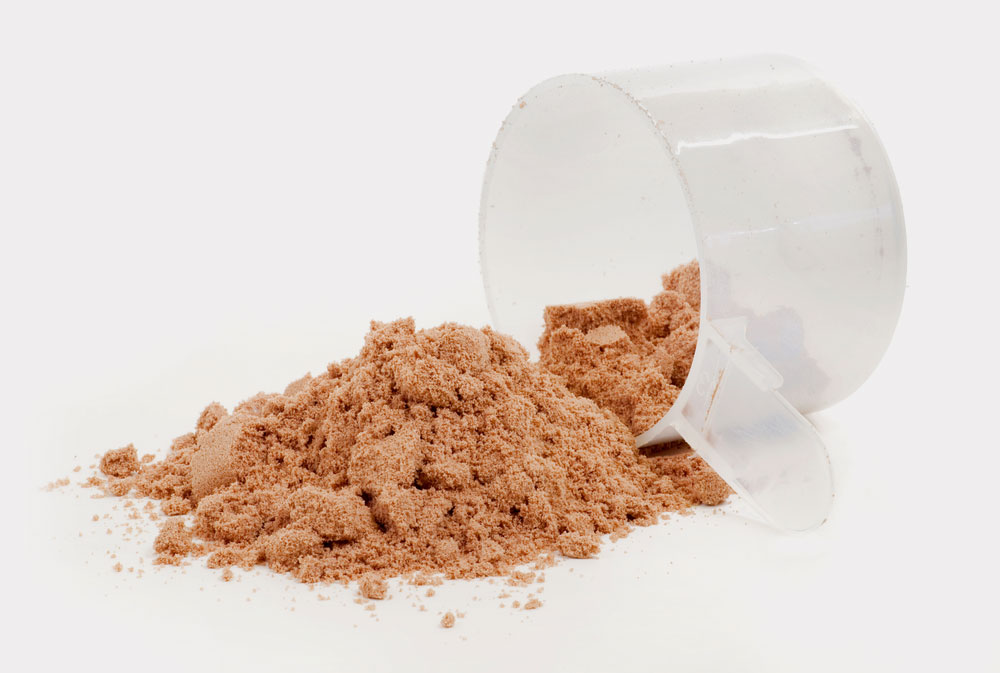To Improve Fitness, Try Sleep
Monday, 4 January 2010, 22:22 • 3521 เข้าชมแล้ว
To Improve Fitness, Try Sleep
By Tara Parker-Pope
Most people training for a race or sport focus on adding more miles, workouts or weight training to improve their fitness. But new research suggests that simply getting more sleep can improve athletic performance.
The small study included five members of the Stanford women’s tennis team. For two to three weeks, the athletes maintained their regular schedules, sleeping and working out as usual. They took part in sprinting and hitting drills to measure their performance. Then the players were told to extend their sleep to 10 hours a night for five to six weeks.
After increasing sleep, the athletes performed better on all the drills. Sprinting drill times dropped on average to 17.56 seconds from 19.12 seconds. Hitting accuracy, measured by valid serves, improved to 15.61 serves, up from 12.6 serves, and a hitting depth drill improved to 15.45 hits, up from 10.85 hits.
The findings were presented last week at the Annual Meeting of the Associated Professional Sleep Societies. The study was small, and some of the improvement may have been the result of additional practice time. However, the size of the change suggests the athletes received a direct benefit from more sleep.
The study’s lead author, Cheri Mah, a researcher at the Stanford Sleep Disorders Clinic and Research Laboratory at Stanford University, said the athletes who took part in the study also felt better and realized for the first time the real effect sleep could have on performance.
Katherine Hobson, who writes the “On Fitness” column for U.S. News and World Report, said she decided to hang up her running shoes and catch up on sleep during a recent vacation.
I expected my first run back in Brooklyn to be a death march. Instead, I felt the best and went the fastest that I have in weeks. One possible explanation came to mind: I erased my chronic sleep debt on vacation, thanks to sleeping in as long as I wanted in the mornings and napping most afternoons, which made me extremely well rested when I took that run.
Over at Runner’s World, Mark Remy notes that many runners focus on “carb-loading” before a race, but perhaps they should also try “sleep-loading.”
We runners obsess over speed work, long runs, tempo runs, hill runs, lactate threshold, resting heart rate, carbs, protein, recovery drinks, stretching, massage, ice baths, shoes, technical fabrics, gels, and about a hundred other variables.
But most of us, I bet, don’t give sleep a second thought. It’s crazy, if you think about it. How can we expect to run well if we can’t stop yawning?
What do you think? Have you noticed a difference in your workouts depending on how much or how well you sleep?
By Tara Parker-Pope
Most people training for a race or sport focus on adding more miles, workouts or weight training to improve their fitness. But new research suggests that simply getting more sleep can improve athletic performance.
The small study included five members of the Stanford women’s tennis team. For two to three weeks, the athletes maintained their regular schedules, sleeping and working out as usual. They took part in sprinting and hitting drills to measure their performance. Then the players were told to extend their sleep to 10 hours a night for five to six weeks.
After increasing sleep, the athletes performed better on all the drills. Sprinting drill times dropped on average to 17.56 seconds from 19.12 seconds. Hitting accuracy, measured by valid serves, improved to 15.61 serves, up from 12.6 serves, and a hitting depth drill improved to 15.45 hits, up from 10.85 hits.
The findings were presented last week at the Annual Meeting of the Associated Professional Sleep Societies. The study was small, and some of the improvement may have been the result of additional practice time. However, the size of the change suggests the athletes received a direct benefit from more sleep.
The study’s lead author, Cheri Mah, a researcher at the Stanford Sleep Disorders Clinic and Research Laboratory at Stanford University, said the athletes who took part in the study also felt better and realized for the first time the real effect sleep could have on performance.
Katherine Hobson, who writes the “On Fitness” column for U.S. News and World Report, said she decided to hang up her running shoes and catch up on sleep during a recent vacation.
I expected my first run back in Brooklyn to be a death march. Instead, I felt the best and went the fastest that I have in weeks. One possible explanation came to mind: I erased my chronic sleep debt on vacation, thanks to sleeping in as long as I wanted in the mornings and napping most afternoons, which made me extremely well rested when I took that run.
Over at Runner’s World, Mark Remy notes that many runners focus on “carb-loading” before a race, but perhaps they should also try “sleep-loading.”
We runners obsess over speed work, long runs, tempo runs, hill runs, lactate threshold, resting heart rate, carbs, protein, recovery drinks, stretching, massage, ice baths, shoes, technical fabrics, gels, and about a hundred other variables.
But most of us, I bet, don’t give sleep a second thought. It’s crazy, if you think about it. How can we expect to run well if we can’t stop yawning?
What do you think? Have you noticed a difference in your workouts depending on how much or how well you sleep?




